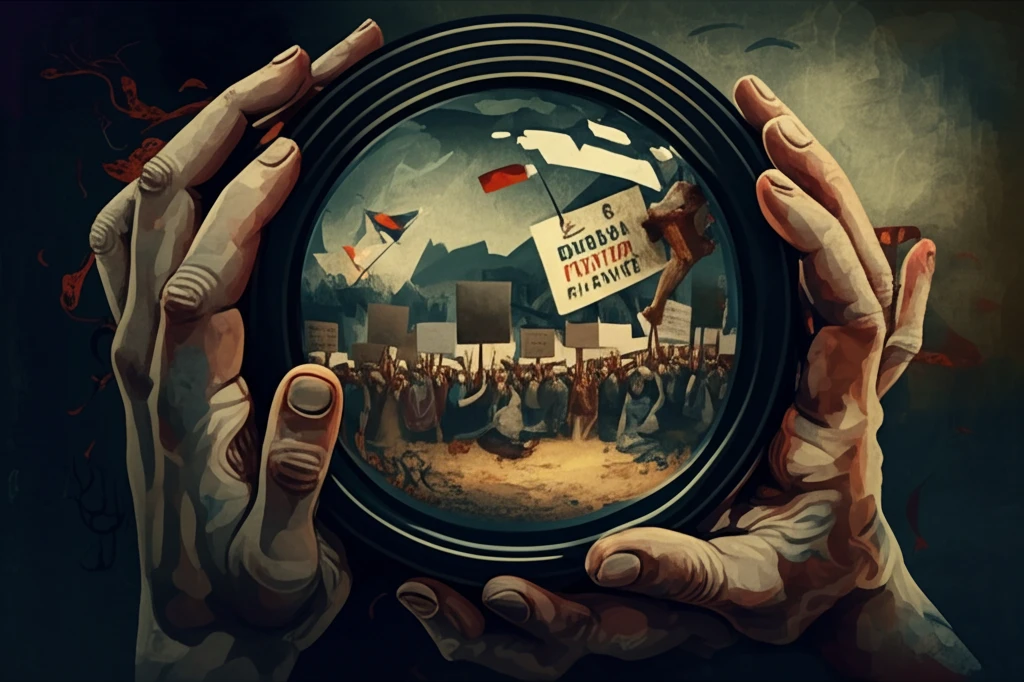
Lights, Camera, Activism: How Filmmakers Are Changing the World
"Unveiling the power of documentary filmmaking in addressing human rights and social injustices."
In an era defined by rapid information dissemination and heightened social consciousness, documentary filmmaking has emerged as a potent force for driving change. Filmmakers are no longer passive observers; they are active participants, leveraging their craft to shed light on critical issues, challenge prevailing narratives, and inspire action.
This transformation marks a significant shift in the role of media, underscoring the power of visual storytelling to transcend boundaries and ignite conversations on critical social issues. From exposing human rights abuses to promoting environmental sustainability, these cinematic activists are redefining the landscape of advocacy.
This article delves into the compelling world of activist filmmaking, spotlighting directors who confront the aftermath of genocide, challenge societal perceptions, and navigate complex ethical dilemmas in their quest for justice and reconciliation. Join us as we uncover the profound impact of their work and explore how these dedicated individuals are using their art to make a tangible difference.
Filmmakers as Activists: Uncovering Truths and Inspiring Change

Filmmakers operating as activists often delve into stories that mainstream media overlooks or intentionally avoids. They aim to give voice to marginalized communities, challenge dominant narratives, and expose systemic injustices. By doing so, they contribute to public awareness, foster empathy, and prompt action.
- Exposing Injustice: By focusing on the stories of those affected, films can reveal truths that might otherwise remain hidden.
- Challenging Perceptions: Documentaries can disrupt biased or incomplete media portrayals, offering a more nuanced understanding.
- Promoting Dialogue: Activist films often spark public debate, encouraging viewers to engage with complex issues and consider different perspectives.
The Future of Activist Filmmaking
Activist filmmaking’s success lies in its capacity to bridge the gap between information and empathy, compelling audiences to confront uncomfortable truths and consider their role in creating a more just and equitable world. As technology continues to evolve and democratize media production, we can anticipate even greater innovation and impact from this vital form of storytelling.
